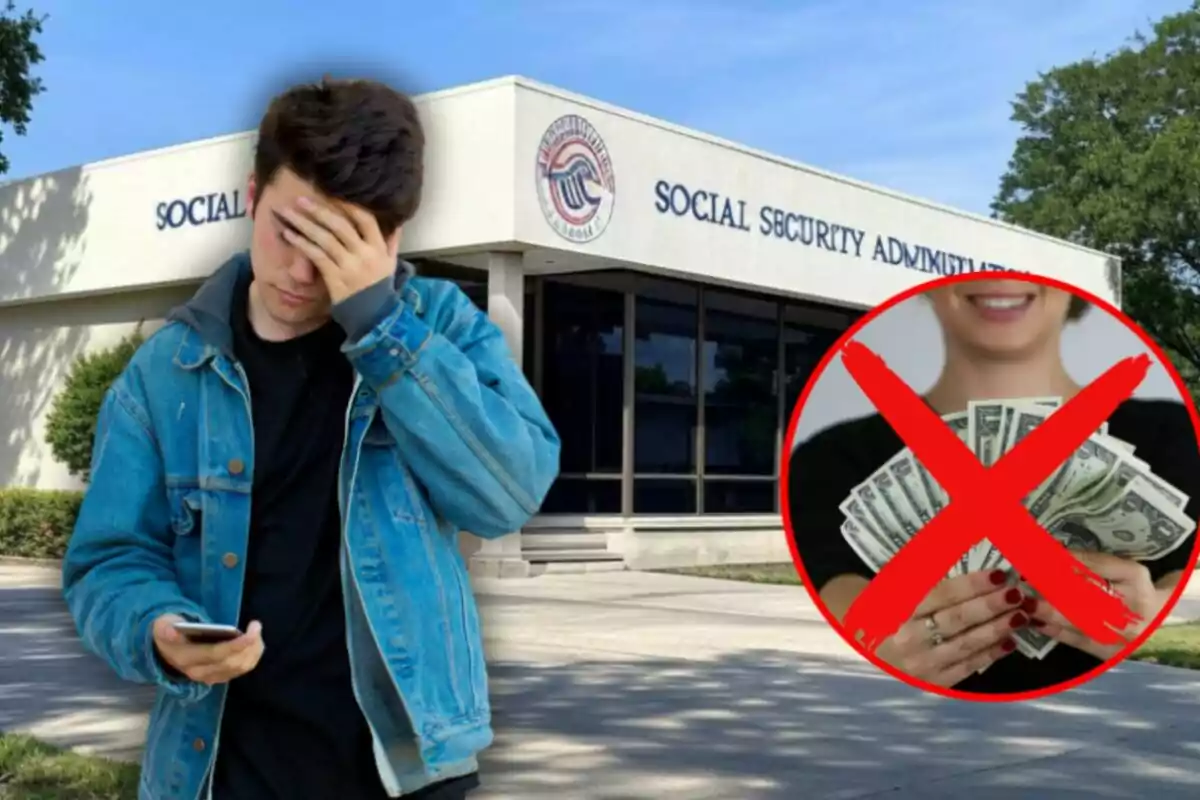
Millions of Americans in tension: United States Social Security makes it clear
The Social Security Administration sends a resounding warning for Americans not to fall for a common scam
The United States Social Security Administration (SSA) has issued an urgent alert about a new wave of scams impersonating the Internal Revenue Service (IRS). These scams, known as phishing, aim to steal personal and financial information from citizens.
The SSA warns that scammers are sending emails, text messages, and forged letters that appear to be official communications from the IRS or the SSA itself. These messages often include dangerous links or attachments that, when opened, can compromise the security of your personal data.
Urgent message from the SSA and IRS of the United States: how to recognize an official message
To avoid falling into these traps, it's important to know how the SSA and IRS officially communicate. If you receive a communication that raises doubts, it's better not to respond and verify its authenticity through official channels.

- Contact methods: The SSA and IRS do not request personal information through unexpected phone calls, emails, or text messages.
- Payment requests: They will never ask you to make payments via gift cards, bank transfers, or cryptocurrencies.
- Threats: They will not threaten you with arrest or suspension of your Social Security number.
Warning signs to identify frauds: The SSA and IRS take it seriously
Scammers often use tactics to create urgency and confusion. Pay attention to the following signs: They pose as government employees, inform you about a nonexistent problem or a fake prize, or urge you to make hasty decisions.
Additionally, they ask you to pay in unconventional ways. Recognizing these signs can help you avoid becoming a victim of fraud. If you suspect you have received a fraudulent communication, do not respond.

If you think you've been scammed, act quickly
Avoid interacting with the message. Do not click on links or download files, as they may contain malicious software. Forward the suspicious email to phishing-report@us-cert.gov or send the message to phishing@irs.gov. Additionally, you can report Social Security-related fraud on the official SSA website.
If you believe you have been a victim of a scam, act quickly. Contact your bank and credit agencies to report the possible identity theft. The SSA and IRS offer resources and assistance to help you protect your information and regain your financial security.
More posts: